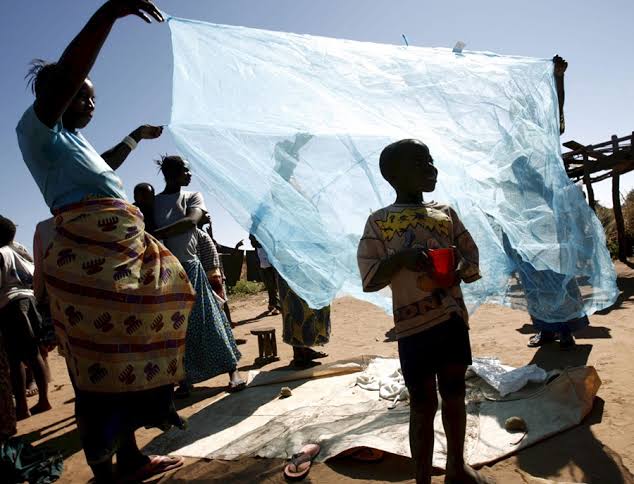Health
Africa Steps Up the Fight to End Malaria for Good
Africa continues to face the highest burden of malaria in the world, with 94% of all malaria cases happening on the continent. This was revealed in the World Health Organisation’s (WHO) 2024 World Malaria Report.

The report highlights that 11 African countries: Burkina Faso, Cameroon, Democratic Republic of the Congo, Ghana, Mali, Mozambique, Niger, Nigeria, Sudan, Tanzania, and Uganda account for nearly two-thirds of global malaria cases and deaths.
While the global community must unite in support, the disease remains a deeply local issue. Solving it requires African-led solutions and greater investment in local research and innovation.
According to the WHO, 2023 saw 11 million more malaria cases than 2022. Over 600,000 people died from the disease last year without much change from the previous year’s figures. This shows that although progress has been made, it’s not happening quickly enough.
Preventive tools like mosquito nets, malaria drugs, and vaccines have saved millions of lives over the years. However, experts believe these alone may not be enough to fully eliminate the disease.
Malaria continues to affect mostly children under the age of five and has the greatest impact on the poorest communities. This creates a cycle of poverty and slows down development across Africa.
Krystal Birungi, Research Associate for Outreach at Target Malaria and a speaker for the Global Fund Advocates Network, explains it clearly:
“Malaria hits the poorest hardest, fueling a cycle of poverty, underproductivity, underinvestment, impeding overall development.”
She adds:
“Imagine what our continent could achieve if the resources spent on malaria were freed up for education, infrastructure, and economic growth. But we will only get there if we match bold innovation with bold investment.”
The Global Fund, one of the world’s biggest supporters of malaria programs, says it needs US$18 billion to save 23 million lives between 2027 and 2029. This funding would also help reduce the death rate from malaria by 64% and prevent 400 million new infections.
However, aid to malaria programs is at risk as global funding begins to decline. Experts are calling for renewed financial support and commitment to ensure gains are not lost.
In this context, Africa’s fight against malaria is being strengthened by new scientific research. Target Malaria, an international research consortium, is leading efforts to develop advanced tools such as gene drive technology.
This technology aims to reduce the population of malaria-carrying mosquitoes by changing their ability to reproduce.
READ ALSO: Somolu Muslim Community Debunks Viral Letter To Vote APC’s Christian LG Candidate Out
The goal is to create a long-lasting, low-cost method that protects entire communities, especially those who struggle to access regular healthcare.
“Our technology aims to provide protection from malaria mosquitoes for everyone in the community, regardless of their education, wealth or ability to access healthcare services,” says Birungi.
She also emphasizes that scientific research cannot happen in isolation. “Sustained global funding for malaria research remains essential,” she says.
“For this World Malaria Day (April 25th, 2025), now is the time to double down, because eliminating malaria isn’t just possible, it’s inevitable if we choose to fund it and fight for it together.”
Target Malaria is supported by organizations like the Gates Foundation and Open Philanthropy. The group is led by Imperial College London, with partners across Africa, Europe, and North America. Their mission is to develop and share safe and sustainable tools to reduce malaria transmission.
JOIN THE CONVERSATION→ Telegram | X/Twitter | Facebook | WhatsApp|WhatsApp Channel|Mobile App|Instagram















